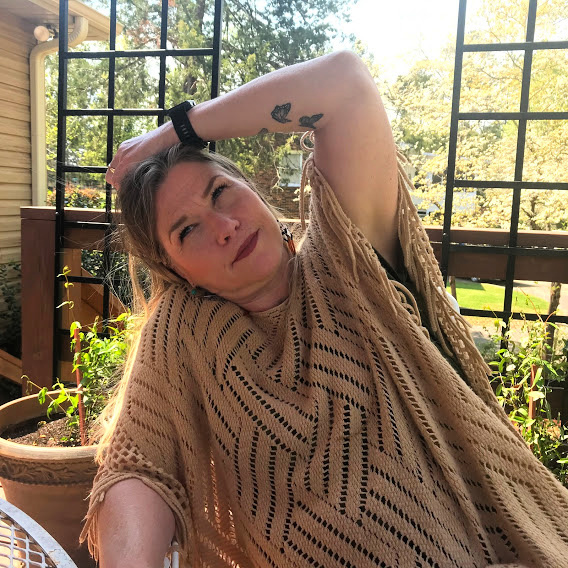Last Updated on February 15, 2024 by Stacy Averette
I am learning to be with what is. That sounds like an incomplete sentence, doesn’t it? But I am learning to be—to be content—with what feels like an incomplete day and an incomplete life. Life in this season is not exactly how I had it pictured but if you were to ask me how I had it pictured I’m not sure I could give you an answer. This makes me wonder if I ever actually pictured myself at this age or if now I’m simply comparing myself to others my age and holding on to some vague standard of what I think life should look like in this season. And now I’m considering that I’ve probably done the same thing in every season of life.
This: The “holding on to some vague standard of what I think life should look like in this season”. That might be the problem (For the record, I don’t think I’ve ever talked to anyone who said, “Life looks exactly like I thought/hoped it would right now.”)
I am unlearning a few things. Overthinking is at the top of the list.
And I am learning to be with what is.

Learning to be with what is. I read that phrase years ago in Sacred Rhythms: Arranging our Lives for Spiritual Transformation by Ruth Haley Barton and I’ve never forgotten it. The very concept is one I’ve been wrestling with for years and didn’t realize it until I saw those six words on a page in the context of spiritual transformation.
Be with what is?
Surely transformation requires doing something, anything, to facilitate change. Or does it? What if simply being, IS doing something? Could just being still actually be transformational? God must think so:
He says, “Be still, and know that I am God; Psalm 46:10
The LORD will fight for you; you need only to be still.” Exodus 14:14
____________________________________________________________
( I love this old swing we had made by a friend in 1994. We’ve moved it from Alabama to Tennessee and back to Alabama again.)
(The 200-year-old Tulip Poplar tree in our backyard is a giant beauty.)
The Apostle Paul had learned to be with what is.
I am not saying this because I am in need, for I have learned to be content whatever the circumstances. Philippians 4:11
Paul said he had learned to be—to be content—whatever the circumstances. What he didn’t say is that he had learned to be content WITH THE CIRCUMSTANCES. “He had to go through many experiences, easy and difficult, in order to learn who was the Source of true contentment.”
So now I wrestle with myself as I pull away from a culture that breeds discontent and spoon-feeds me a lifestyle that is nearly impossible to live up to, not to mention, it is a lifestyle that is somewhat undesirable to me and in contrast to my core values. But discontent is an excellent marketing strategy if you’re trying to sell a “newer and bigger and better” version of everything.
It’s an old trick. The devil used it to convince a woman staring at a fruit tree, that God was withholding His best from her, despite the fact He had given her an entire garden to explore and enjoy.


Discontentment is a deep dissatisfaction fueled by a belief that God is holding out on us.
Contentment is knowing that God has given us Himself and believing that He is all we really need.
For it is God who works in you to will and to act in order to fulfill his good purpose. Philippians 2:13
Does your life look like what you thought it would in this season (or any season)? Are you learning to be content? Do you still struggle with discontentment from time to time? What do think would help you learn “be with what is”?








My husband’s favorite saying is…it is what it is. For years, I resisted and hated when he said it. However, the older I get the more I realize he’s right and fighting it is futile . I even bought a sign that says it to remind me!
Oh! Kim, I’ve resisted too, and still do at times. The idealist in me is always convinced I can change “what is”! Thanks for stopping by!